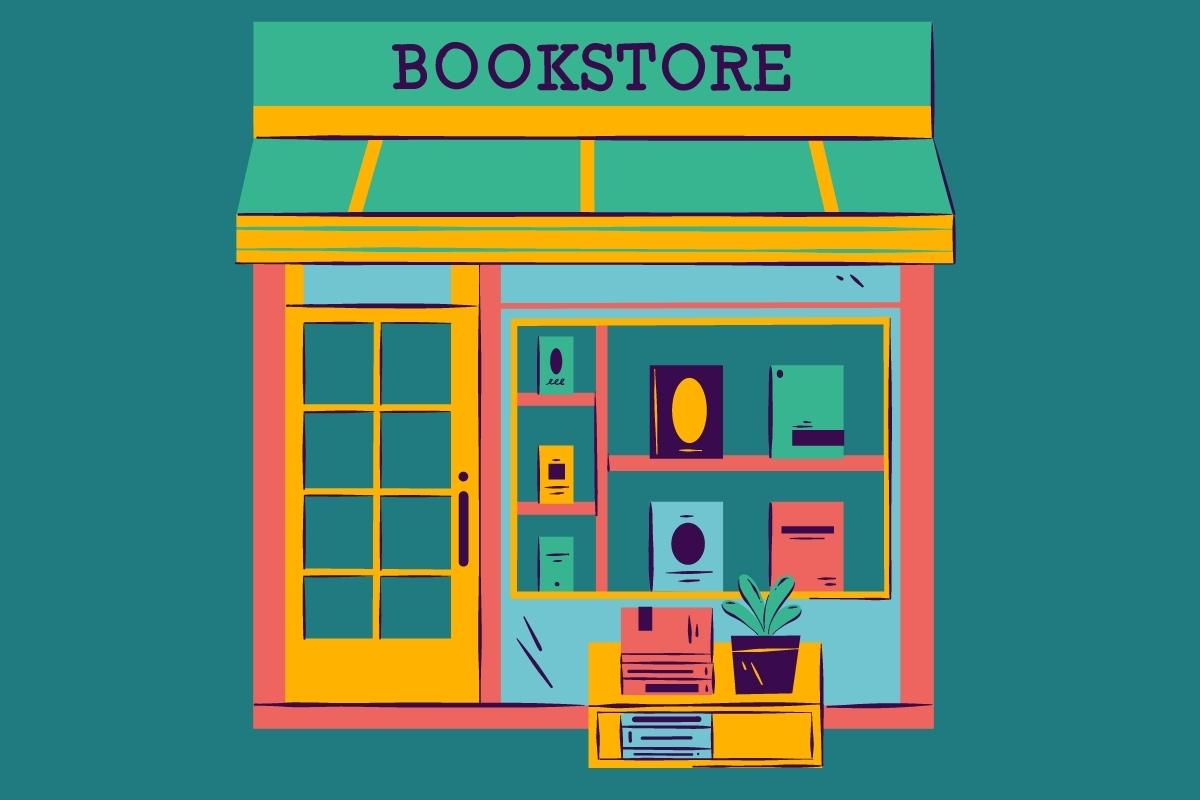How Indie Authors Get Their Books Into Book Stores

In a constantly evolving market, indie authors have a higher chance of making it into bookstores than ever before
Indie authors, new and seasoned, are working hard to find new readers.
The self-publishing market has made amazing strides in the past few years, allowing indie authors to reach numerous readers.
By simplifying the process for authors, the entire process besides the platform hosting and paperback printing can be almost a one-man show. That is if indie authors are willing to create their own cover, write their own descriptions, and hire a professional editor. Once all is said and done, the margins that indie authors receive are higher than that of the traditional publishing process.
Sounds like the dream, right?
The only drawback to using services such as Amazon, Ingramspark, KoboBooks, Google Play Books, and more is the bridges it burns with book stores.
Big companies such as Amazon are slowly chipping away at the idea of brick and mortar.
In today's market, many readers find it more convenient to shop from the comfort of their own homes online. No need to leave your couch and pajamas or wrangle the kids into the car. And with many services, your items still arrive within mere days of placing the order.
And because of this, bookstores are struggling.
More specifically, big-box bookstores are struggling as they try to compete with Amazon.
The good news is that independently owned bookstores are actually doing very well. This is because there is a tried and true allegiance for brick-and-mortar and small businesses among select readers. And there is a percentage of readers that don’t enjoy shopping for books online.
TIME actually wrote about The Death of the Bookstore Was Greatly Exaggerated in which they explain how well independently owned bookstores are doing very well.
So, how do these independently owned bookstores benefit indie authors?
Believe it or not, it's all about mutual benefit.
This is where you want to be sure you have a strong author platform. Why do I say this? Because when approaching independent bookstores, you want to sell yourself as well as your book.
If an independent bookstore is going to take you on, they need to know how you can spread the word about them too.
Here are some steps to follow when contacting an independent bookstore:
Do your research:
Start by looking at your local bookstores.
These are stores that are going to be more willing to stock your book in their local author section.
Once you are on their website, be sure to see what they have to offer. Many of these websites have an inquiry submission form for authors to contact as well. Here they may also explain how to profit percentages work between the bookstore and the author.
Follow them on social media:
Believe it or not, this can go a long way.
It shows that you are willing to form a long-standing relationship with them.
And if they don’t say yes now to a request to stock your book, it doesn’t mean that they won’t say yes to another in the future.
Have your information ready:
When contacting the bookstore contact person, be sure to be prepared.
Know who you are speaking to, but if you can’t find out who that is, address your email to the bookstore's name.
Tell them about yourself: My name is Kayla Hicks and I’m a multi-genre indie author from Ephrata PA. I came across your bookstore and would love to submit my paperback book to your store. I have 11.8k followers on Twitter, 427 followers on Instagram, and 400 followers on Facebook.
Tell them about the book: Title, word count, ISBN, Description, links to Amazon and Goodreads, and attach a cover of the book.
Lastly, be gracious: Thank you for taking the time to read over my submission as I am sure you receive so many of these. Looking forward to hearing from you!
Email signature: If you don’t already have this, make one. Place your name, job title (author), Twitter Link, Website Link, or better yet a LinkTree link.
Not every bookstore will take someone that is selling online, and if that is the case they will say so on their website.
Be sure to make a list of who you contact and keep track of the progress.
The process is tough and slow at first, but once you find one bookstore that is willing to sell your book, you may be able to snag a few more.
